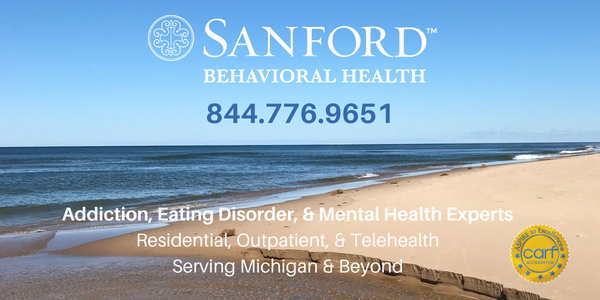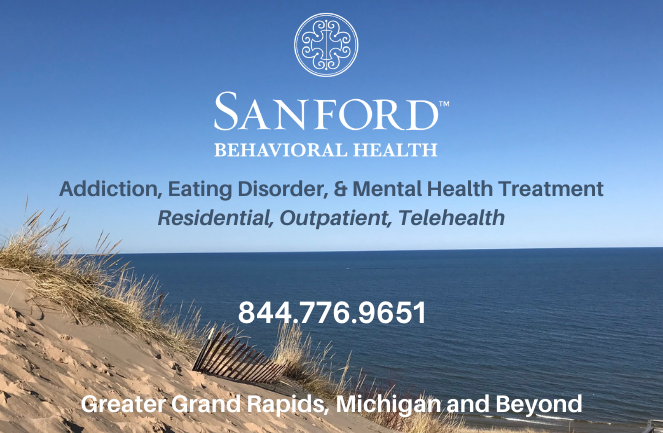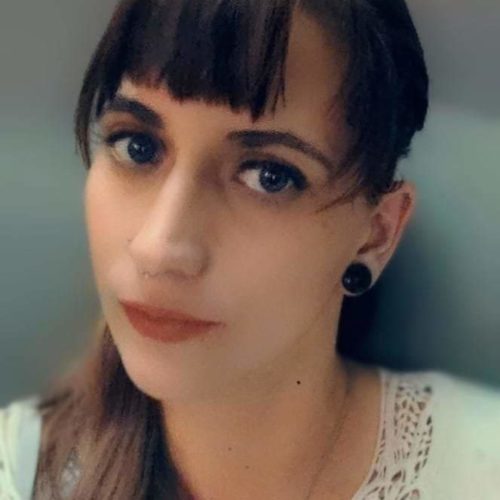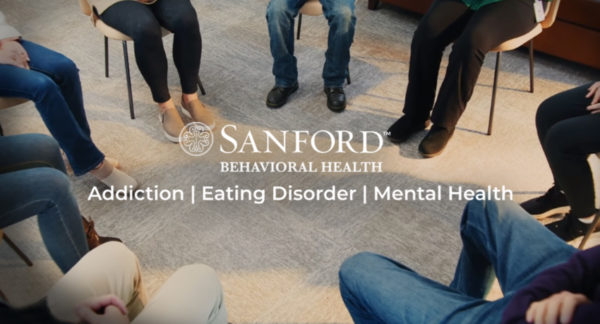Supportive Living – When It’s Not Safe to Go Home

Supportive living helps clients build a firm foundation for their recovery!
Around recovery meetings, folks always say you need to change people, places, and things to manage an addiction. But what happens if you don’t have the option to change your current situation? If you live at home with parents or siblings who use, for example. It makes long-term recovery look daunting and can keep an individual stuck in the cycle of addiction.
Supportive Living at Sanford Behavioral Health
Having a safe environment is instrumental for lasting recovery. Sending someone back to the same environment they used drugs or alcohol in is like telling an alcoholic not to drink while sitting at the bar. Chances are the temptation will be too great to succeed. That same principle applies to many people who are new to recovery. If they go back to the lion’s den without the tools to fight the lion, then they will undoubtedly be eaten alive.
Supportive living at Sanford Behavioral Health is designed to provide a temporary haven for outpatient clients. Simply put, Sanford Supportive Living is a place to stay for those who are not ready to return home or do not have a safe option in which to return. Many clients also utilize this option when leaving residential treatment and transitioning to outpatient therapy. Or for those who live outside commuting distance from Greater Grand Rapids, Michigan.
Supportive Living is for clients looking for safe options other than immediately returning home after residential treatment. These individuals may live alone or with others not in recovery. Supportive living provides structure before the independence of returning to day-to-day activities. Extra support can help those new to recovery practice their recovery skills and build confidence. In addition, supportive housing can be a helpful segue while family members attend education programs on addiction and recovery.
Lynnel Brewster, RN, LPC, LLMFT, CCTP Sanford Behavioral Health Clinical Director
Levels of Care at Sanford Behavioral Health
Residential treatment provides a structured living environment to recover and removes environmental obstacles. After residential treatment, clients may attend day programs like partial hospitalization (PHP) or intensive outpatient programs (IOP). In outpatient, the clients receive more freedom in their day-to-day living. In addition, it is an opportunity for them to learn tools for recovery and allows them to put themselves to the test by going home each day.
Not ready to go home?
Some clients are not ready to go home, so they use the supportive living option in PHP or IOP. This gives them a safe environment while they navigate their recovery. This option helps the clients build a firm foundation for their recovery. In addition, the clients can stay with other individuals who are on the same path as they are. This helps create a long-term support system even when they leave treatment.
Supportive Living Environment
-
- Share a room with someone on the same path.
- Develop support for long-term wellbeing.
- Practice shopping and meeting loved ones after the day’s programming while in the safety of supportive living.
- Use of the Sanford Cafe for meals and socialization.
- After hours consists of personal time to watch TV, play games, read a book, socialize, or go to a 12-step or recovery meeting.
- Supportive living is offered in conjunction with a Sanford outpatient program – average length of stay is 14 days.
Supportive living is vital at the beginning of an individual’s recovery journey. This gives them the opportunity to be away from the environment they were using drugs in, which allows them time to learn new tools to help combat their addictive tendencies. Being in Sanford Supportive Living also gives them opportunities to learn how to engage with life with a sober mindset. It is an invaluable tool clients can use when coming to treatment at Sanford Behavioral Health.




